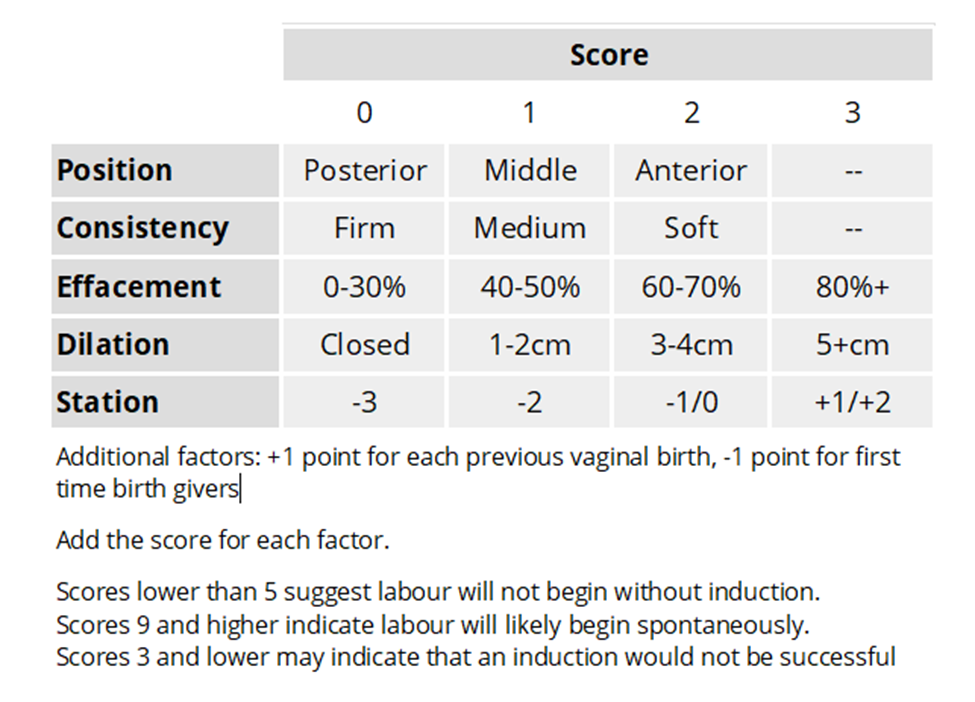A nurse is caring for a newborn who was transferred to the nursery 30 min after birth because of mild respiratory distress. Which of the following actions should the nurse take first?
Confirm the newborn's Apgar score
Verify the newborn's identification.
Administer vitamin K to the newborn.
Determine obstetrical risk factors.
The Correct Answer is B
Choice A Reason:
Confirming the newborn's Apgar score is important for assessing the newborn's overall condition, but it may not be the first priority.
Choice B Reason:
Verifying the newborn's identification is appropriate. Ensuring accurate identification is a crucial step in newborn care to prevent errors and ensure that interventions are carried out on the correct infant.
Choice C Reason:
Administering vitamin K is a standard practice but can wait until after the newborn's identification is confirmed.
Choice D Reason:
Determining obstetrical risk factors is part of the overall assessment but is not the immediate priority in this situation.
Nursing Test Bank
Naxlex Comprehensive Predictor Exams
Related Questions
Correct Answer is A
Explanation
The correct answer is A. Assist the client to turn onto her side.
A. Assisting the client to turn onto her side is the correct intervention. This is because the client's blood pressure is low, and turning onto the side helps improve blood flow to the uterus, reducing the risk of supine hypotension.
B. Assisting the client to an upright position is not the priority in this case. The client is at risk for supine hypotension, and a lateral position is more appropriate.
C. Preparing for a cesarean birth is not indicated based solely on the blood pressure reading. Turning the client onto her side and monitoring the blood pressure response are appropriate initial actions.
D. Preparing for an immediate vaginal delivery is not indicated based solely on the blood pressure reading. The client's condition may improve with positional changes, and further assessment is needed.
Correct Answer is B
Explanation
The correct answer is B. The client will experience a successful induction of labor.
A. The Bishop score is a pre-induction assessment that evaluates several factors, including cervical dilation, effacement, consistency, position, and fetal station. It is used to predict the likelihood of a successful induction of labor. A high Bishop score indicates favorable conditions for induction.
B. Correct. A higher Bishop score indicates a more favorable cervix for induction, and the chances of a successful induction of labor are increased.

C. Lower back pain during labor is not specifically associated with the Bishop score. It can be a common complaint during labor, but it is not predicted by the Bishop score.
D. Dinoprostone is a prostaglandin used for cervical ripening. If the Bishop score indicates an unfavorable cervix, dinoprostone or other cervical ripening agents may be considered to prepare the cervix for induction.
Whether you are a student looking to ace your exams or a practicing nurse seeking to enhance your expertise , our nursing education contents will empower you with the confidence and competence to make a difference in the lives of patients and become a respected leader in the healthcare field.
Visit Naxlex, invest in your future and unlock endless possibilities with our unparalleled nursing education contents today
Report Wrong Answer on the Current Question
Do you disagree with the answer? If yes, what is your expected answer? Explain.
Kindly be descriptive with the issue you are facing.
